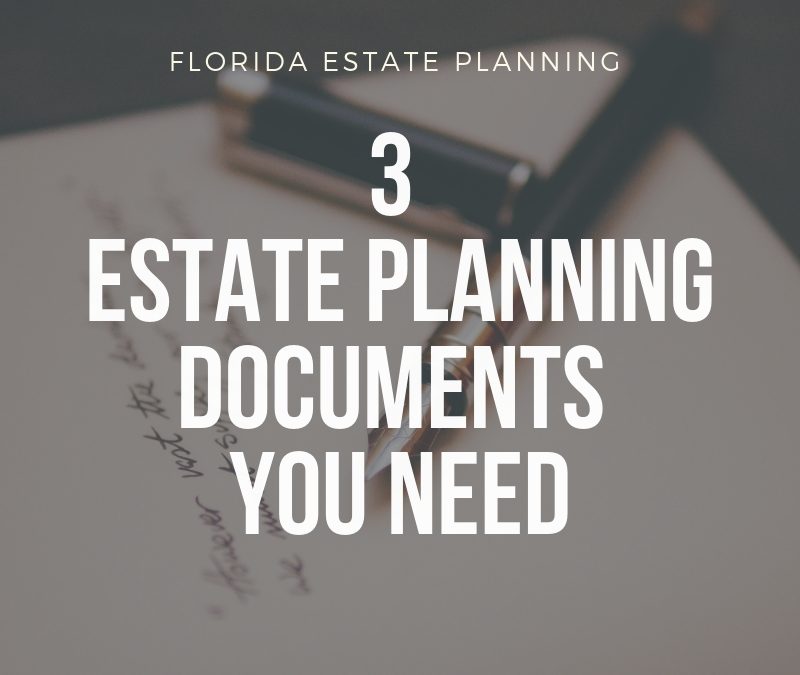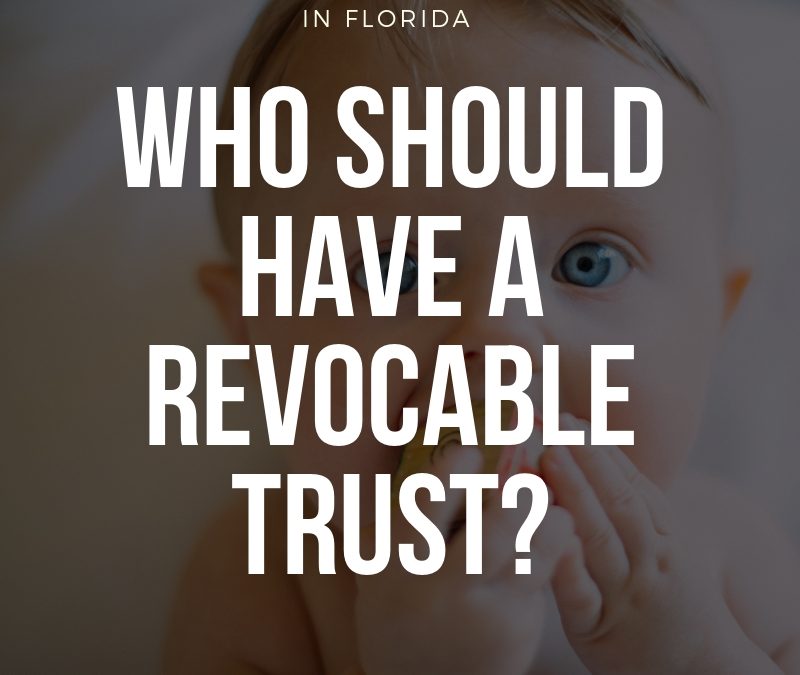A revocable living trust is simply a trust that you create for yourself, for your own benefit and the benefit of those you care about. You can think of a revocable living trust as a business that you set up to manage your affairs when you become incapacitated or die. However, unlike a corporation or an LLC, there are no filing requirements with the secretary of state and there are no publicly accessible records of a revocable living trust.
In order to take full advantage of a revocable living trust, you need to have assets that can be owned by the trust and then you must transfer ownership of those assets to the trust or make the trust the beneficiary of any pay-on-death beneficiary designations.
Is a Revocable Living Trust Right For You?
- Do you have assets north of $250,000?
- Do you have assets that require active management?
- Do you have brokerage accounts, real estate, or rental property?
- Do you have multiple pieces of real property?
- Do you have a potential problem heir, such as an heir with divorce problems, creditor problems, etc.?
- Do you have an heir who may object to what you want done with your estate?
- Have you remarried?
- Do you have a particular type of nursing home that you would like to be placed in? Or a particular type that you do not want to be placed in?
- Do you want to take advantage of certain tax planning strategies?
These are all great reasons to consider a revocable living trust, and if you answered yes to one or more of the questions above, you should seriously consider having a revocable living trust as the primary vehicle for your estate plan.
What Will Revocable Living Trust Do for You?
First of all, assets that you place in your revocable living trust will avoid both:
- Guardianship; and
- Probate after your death.
While there are caveats to the foregoing statement, guardianship is when the court imposes certain limitations and restrictions on your estate in order to allow someone else to manage it when you become incapacitated. Holding assets in a revocable living trust will allow you to easily have whomever you select as the trustee of your trust to manage your assets when you are unable to do so yourself.
Upon your death, the assets in your revocable trust will pass pursuant to the terms of your trust and will never fall under the jurisdiction of the probate court. This is important because if anyone wants to challenge what you have directed your trust to do with your assets, it will be much harder for them to do so.
A revocable living trust can provide other great benefits as well. For instance, you can give the trustee specific directions on how to meet your needs and the needs of those who depend on you if you become Incapacitated.
A revocable living trust may also be the foundational document that opens the door to additional estate planning strategies, such as the use of a limited liability company and other more complex estate planning tools. Usually, your revocable living trust will still be the key to how the assets held by these entities will be managed if something happens to you.
Furthermore, a revocable living trust allows you to build in other provisions that will ensure that your wishes are carried out and that will discourage anyone who is unhappy with how your estate is being managed or disposed of from challenging the terms of the trust.
All of these kinds of things can be put into a revocable living trust and, with the right assets and management team, you will be able to express your wishes and have them met through the trust.
Contact Lynchard & Seely, PLLC:
Florida Estate Planning Attorneys
If you are thinking about using a revocable living trust to manage your estate, be careful. There are many different types of revocable living trusts, but not all are created equal. Determining what type of revocable living trust you will need to accomplish your goals is where a qualified attorney can help.
An experienced estate planning attorney can sit down with you, learn what goals you have for you and your family and what your estate consists of and then suggest ways to accomplish these goals effectively and efficiently. Contact Lynchard & Seely, PLLC, either here online or by calling 1-850-936-9385, to arrange a consultation with one of our expert Florida estate planning attorneys who can provide you with answers to all of your questions.
Want Help With Your Estate Plan?
Click Below to Schedule a FREE Initial Consultation!
Lynchard & Seely – COVID-19 Update
We want to update you on the steps we are taking to ensure we can continue to meet your legal needs in a secure and reliable manner. This year marks our firm’s 20th year in Navarre, and our team remains fully operational and here to support you and our community...

3 Florida Estate Planning Documents You Need Right Now
Three, fairly simple Florida estate planning documents is all you need. While, other things can help more, these will get you by in a pinch.

Estate Planning For Small Business Owners
Estate Planning for Small Business Owners – You have to think about more when estate planning if you have a business.
Want Help With Your Estate Plan?
Click Below to Schedule a FREE Initial Consultation!

